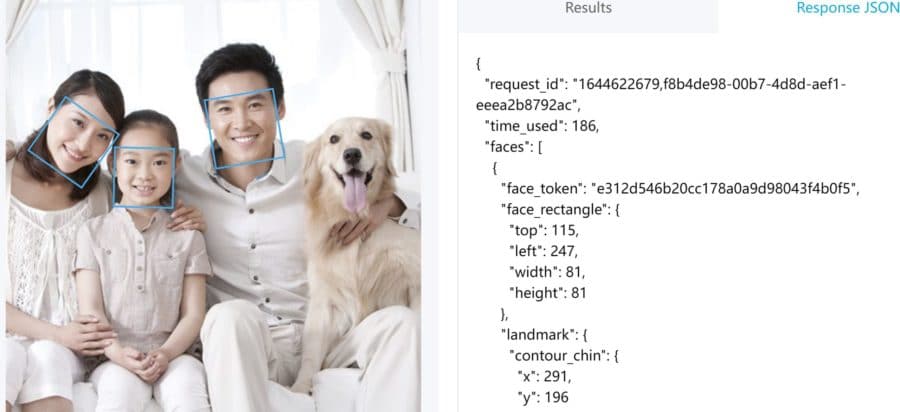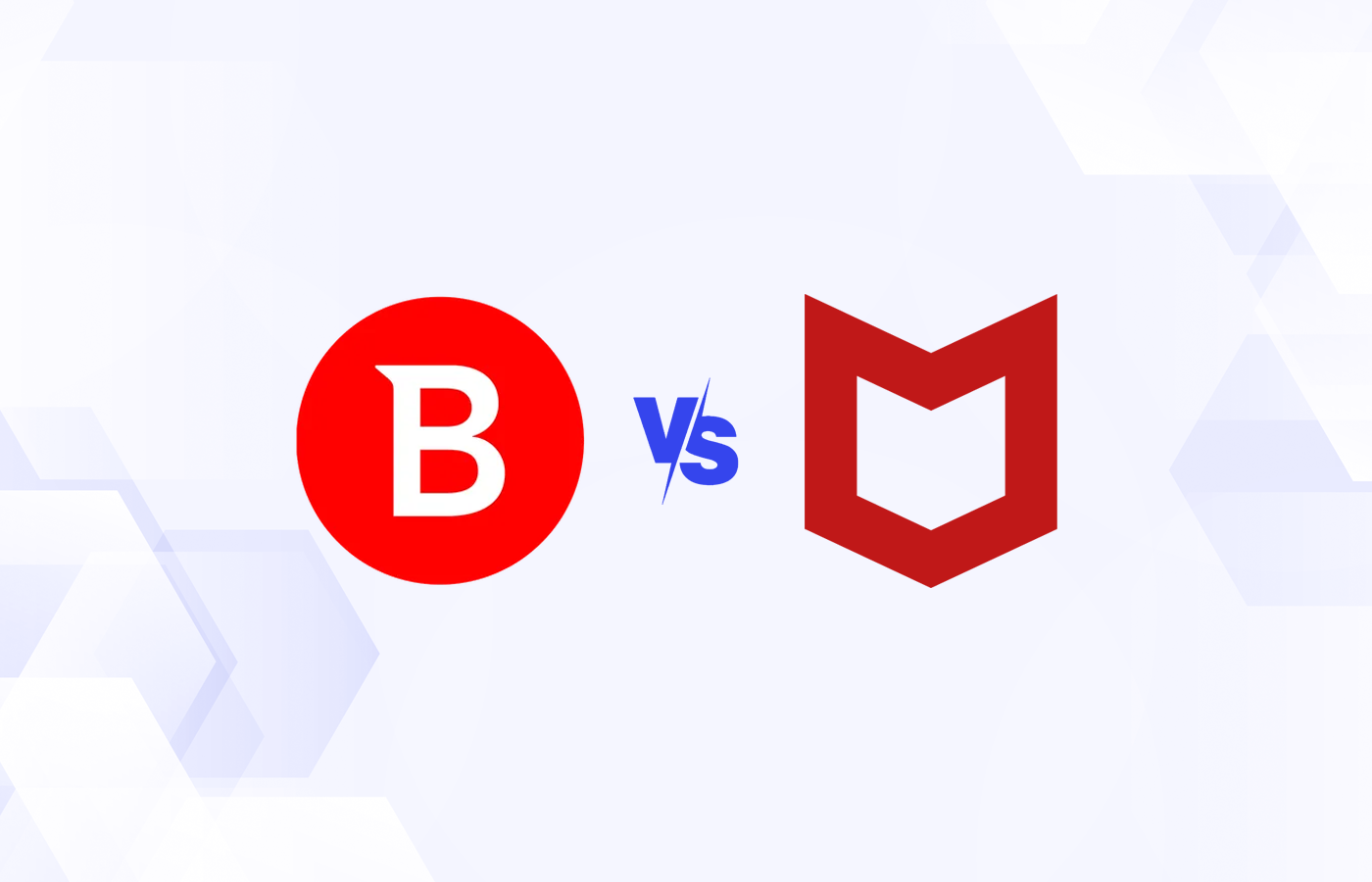Facial recognition software (FRS) is a biometric tool that uses artificial intelligence (AI) and machine learning (ML) to scan human facial features to produce a code. It compares this code with its existing database to determine if an individual will be granted or denied access to a piece of information, equipment or premises.
The technology isn’t yet perfected, but it has evolved to a point that enterprise use is growing. We’ll address its pros and cons and review some of the top facial recognition solutions.
Benefits and Uses of Facial Recognition
The application of facial recognition technology in operations was primarily in law enforcement organizations until the last decade, when a massive advance in AI and deep learning allowed it to be more broadly applied. With facial recognition algorithms averaging about a 0.08% chance of error recently, according to a 2021 NIST report, compared to the former output at 4.1%, the vision for this technology is closer to being realized, and the combination of software development kits (SDKs) and application programming interfaces (APIs) has brought about a number of possible uses.
Most importantly, facial recognition technology promises a solid amount of internal and external security advantages in the day-to-day activity of enterprises, making it a key technology for passwordless authentication. With nothing more than an employee’s face needed to gain access, accounts can be set up and access levels changed relatively easily, without the hassle or insecurity of improperly saved passwords.
Also read: Passwordless Authentication 101
False Negatives, Deepfakes and Other Concerns
The data on facial recognition technology suggests that the technology has a promising future for the security aspects of enterprises. However, there are a few noteworthy concerns. One is the issue of insecure data privacy, which can occur due to improper data scrubbing, data storage, and data sharing on the internet, which can expose individuals to malicious misuse of their personal data.
Another concern is that of false negatives in identification, which can deny the right person access. That’s one of the biggest issues with the technology, but as the algorithms get better at identifying people of all ethnicities, the numbers will continue to improve.
Another major challenge for the emerging technology is the apparent susceptibility of some well-known facial recognition APIs to deepfakes, which may limit the technology’s use for the most sensitive applications in environments where deepfakes could be used to gain unauthorized access.
Still, as the limitations of passwords are well-documented, FRS technology has a number of promising cybersecurity applications that will grow as the technology improves.
Also read: Top Single Sign-On (SSO) Solutions
What to Look for in Facial Recognition Software
Despite facial recognition software’s limitations, the technology is evolving to a point where enterprises are consulting FRS vendors like AWS, Kairos AR, Megvil, and others.
When looking at facial recognition software, make sure it will work in your environment and give it a trial if possible. Other features to look for in an FRS product are whether it is scalable, adaptable, trained, and possesses an accurate algorithm.
Best Facial Recognition Software for 2022
Amazon Rekognition
Amazon Rekognition has been well regarded by government agencies and other secure users.
Amazon Rekognition software detects, analyzes, and identifies people in images and videos. It can also identify objects, texts, and scenes by tagging them through scalable deep learning technology. This is made easier because you do not need to possess any unique skill in ML or other related areas.
Moreover, its facial recognition technology possesses an accurate algorithm due to its enormous database. This helps Amazon Rekognition carry out facial recognition, analysis, and verification for a wide variety of tasks including user recognition, people counting, and more.
Amazon Rekognition’s ability to offer personal protective equipment (PPE) detection helps it stand out among the competition. Not only does it cover the safety of enterprises, it can also manage the personal safety and risk of employees by alerting employees to the importance of their personal protective equipment (PPE).
BioID
Multinational enterprises can incorporate BioID into their system, which enables its biometrics authentication service to be GDPR-compliant. It combines liveness detection, which is compliant with ISO/IEC 30107-3, and facial recognition technology to verify faces, eyes, and photos of individuals. This has proven effective against malicious online activities.
BioID will further benefit companies like banks, telecommunications, and e-commerce that use facial recognition technology and biometrics to execute Know Your Client (KYC) programs. And its customer support is strong enough to assist you because of its massive online documentation of APIs.
Kairos
With this software development kit, Kairos offers its customers the chance to integrate an FRS that runs a faster verification process into their system. Enterprises can also use this facial recognition technology for a more thorough means of authentication. Kairos’ facial recognition technology can determine the age and gender of a scrutinized individual as well as detect multiple faces in crowds, audiences, and groups.
Kairos’ FRS is great for enterprises that need this technology in their systems but fear infringing on user rights. With a commitment to the privacy of its customers, it promises an ethical approach to facial recognition.

Face++
Face++ prides itself on its proprietary deep learning framework. With this, the company’s FRS has achieved about 97% accuracy in recognizing facial attributes, even when wearing caps or shades. And the speed at which it produces search results takes only an impressive few seconds to present a match from a billion-face database.
Face++ also offers a wide variety of technology, which includes tracking, face clustering, liveness detection, key point detection, face attributes estimation, and more. And with advanced deep neural networks, it can be deployed on cloud, mobile, and edge computing platforms. Enterprises that will benefit from this software technology are automotive industries, online marketing, and mobile phone industries, among others.

Face First
Face First is an enterprise-based FRS that is fast, precise, and built on transparency and ethical use of AI. It focuses on emotion, behavior, age, voice, and gender recognition to provide surveillance and security solutions. These solutions involve access control and authentication processes using biometrics. While it does this, Face First prevents loss, fraud, and identity spoofing attacks using real-time alerts.
Enterprises will use this technology with ease since its API and SDK allow for flexible integration into other third-party software and hardware like cameras, terminals, and more. Face First will benefit retailing enterprises, transportation firms, and event management while ensuring that user rights and privacy are protected.
Read next: Best Identity and Access Management (IAM) Solutions








